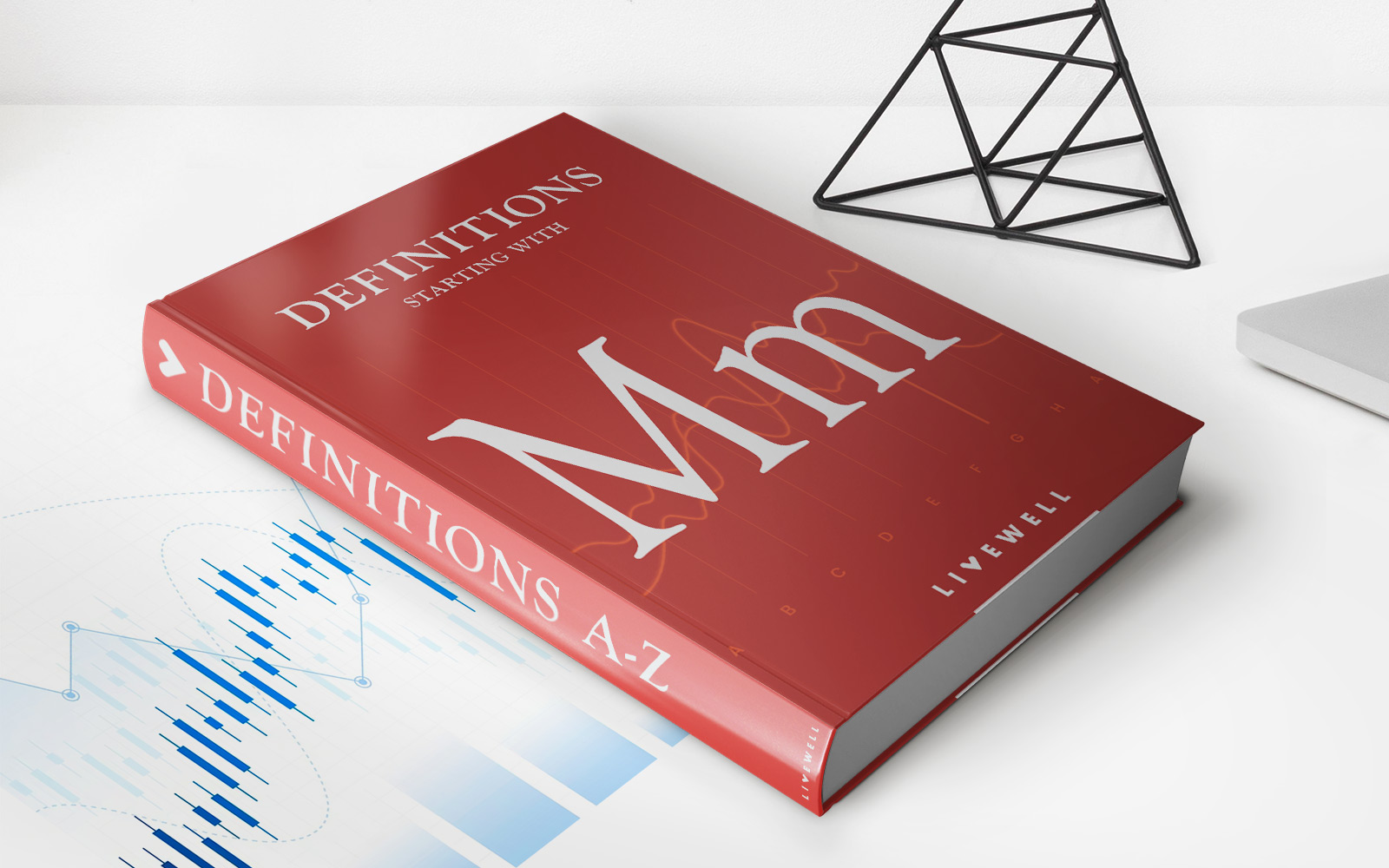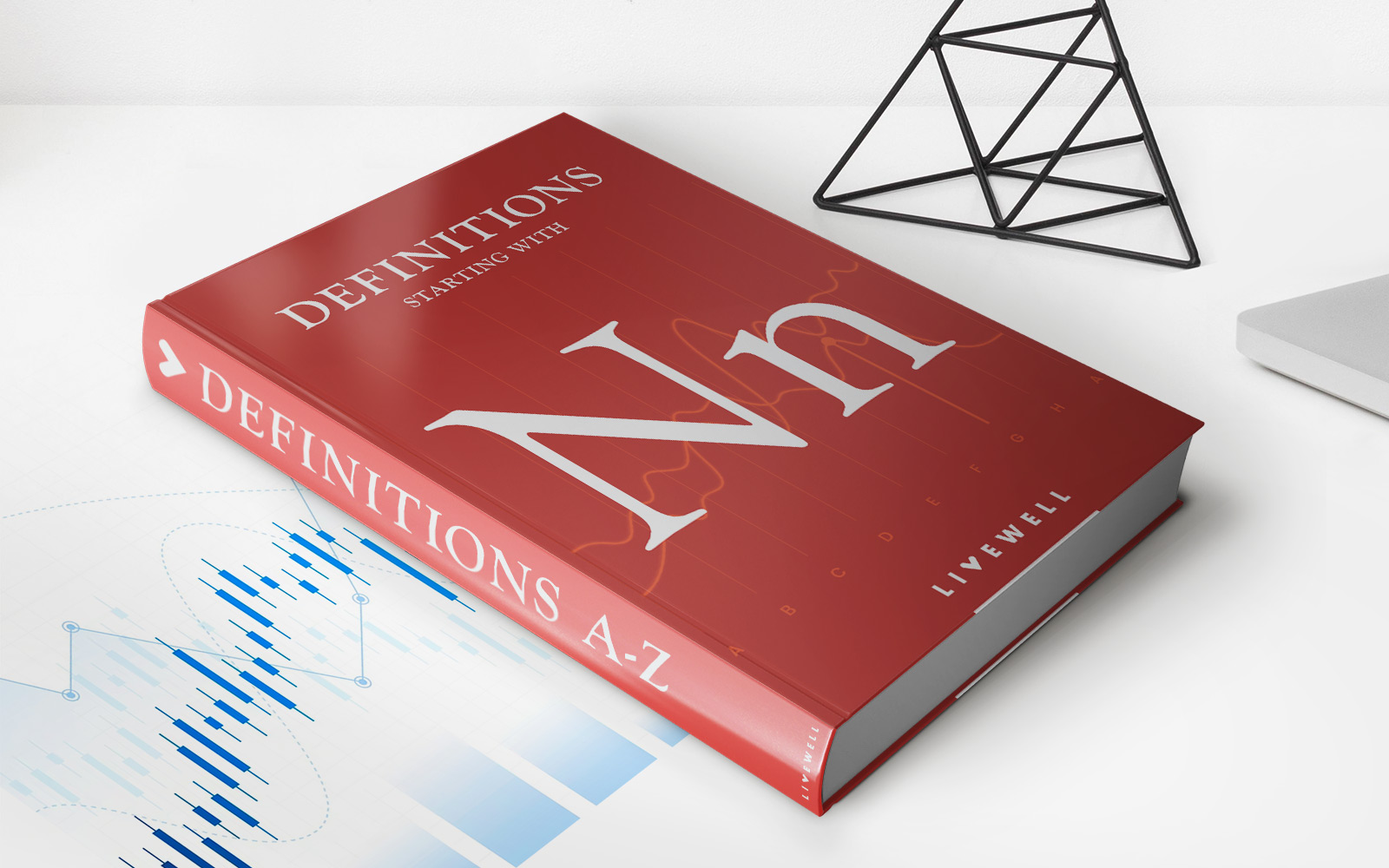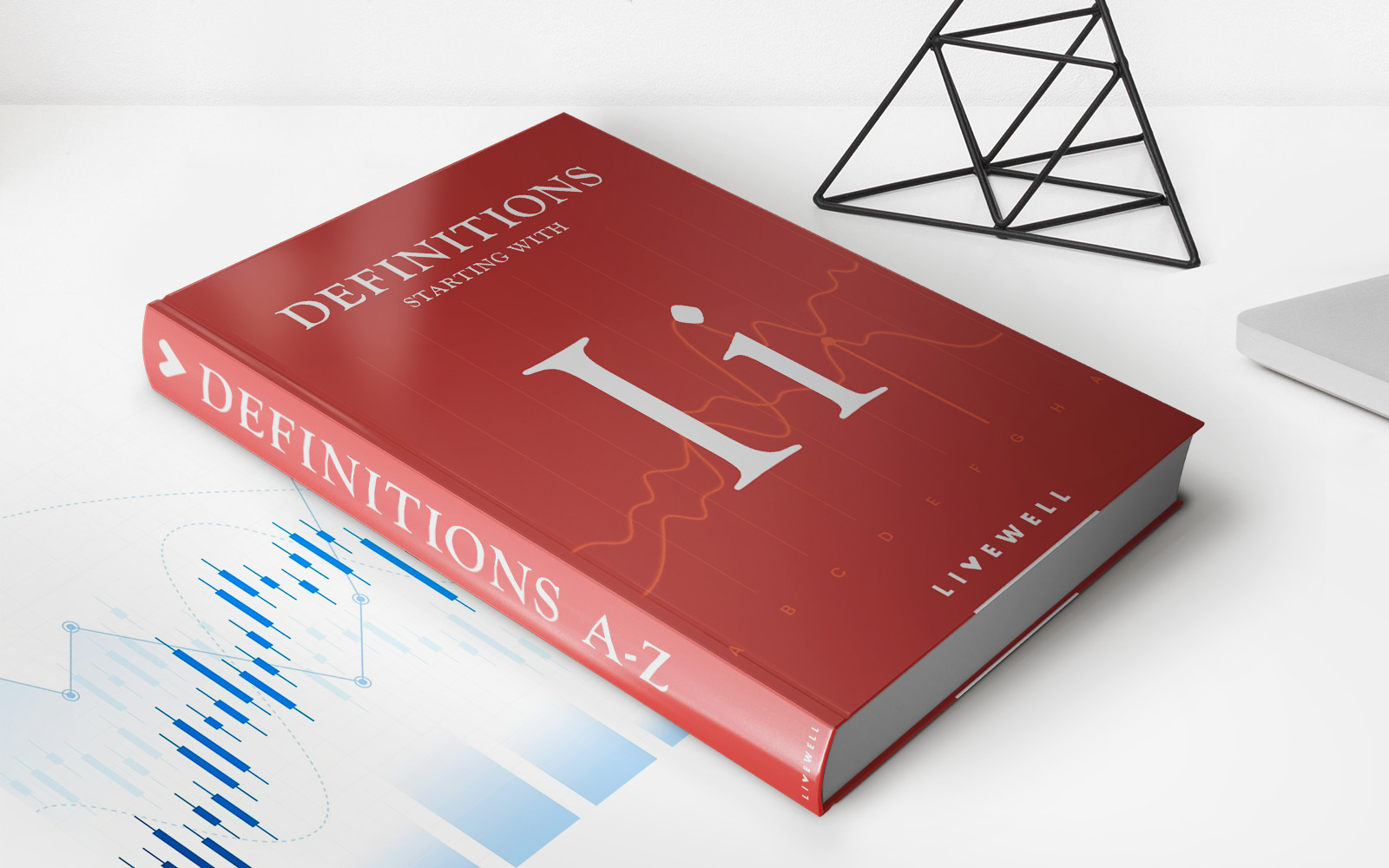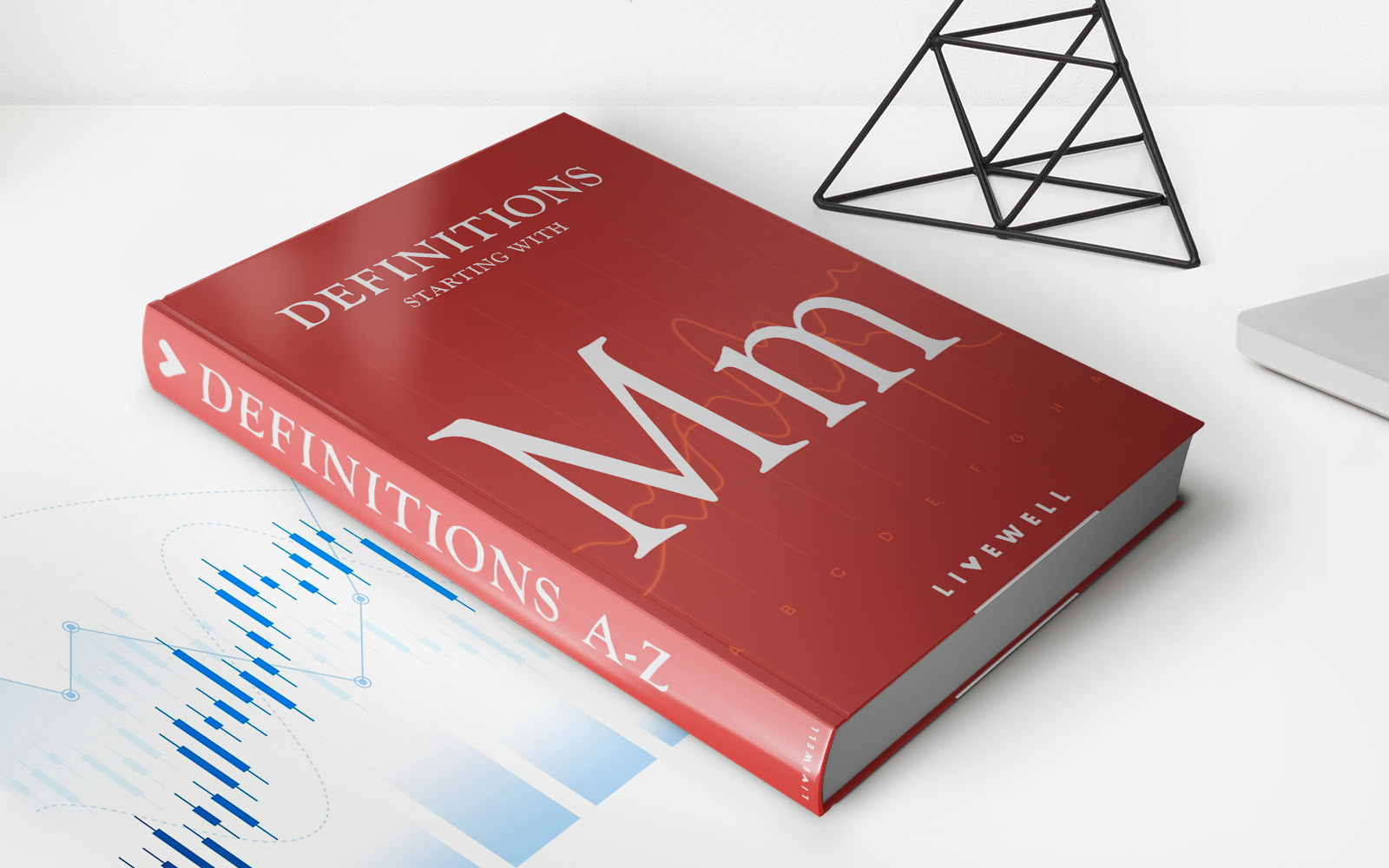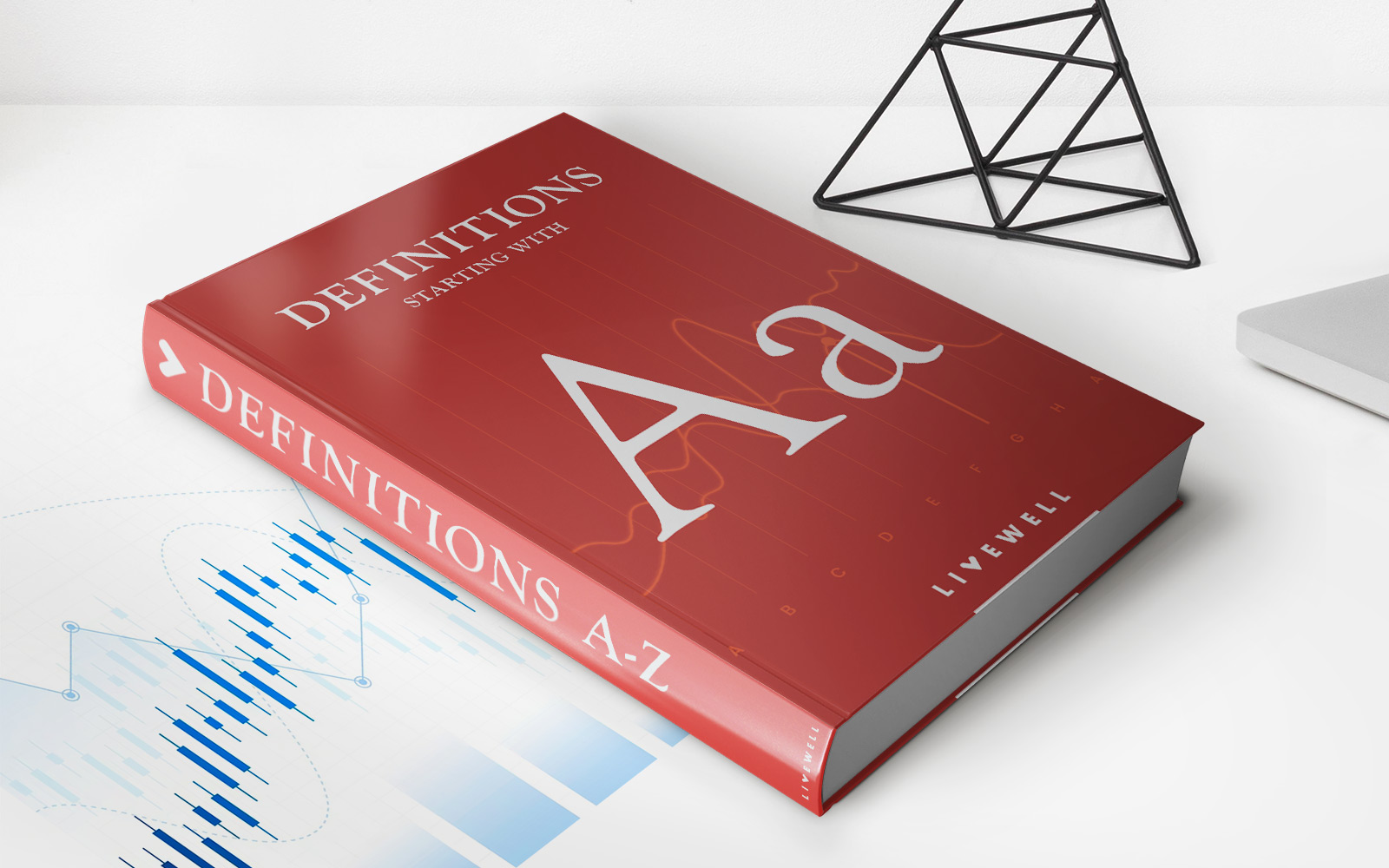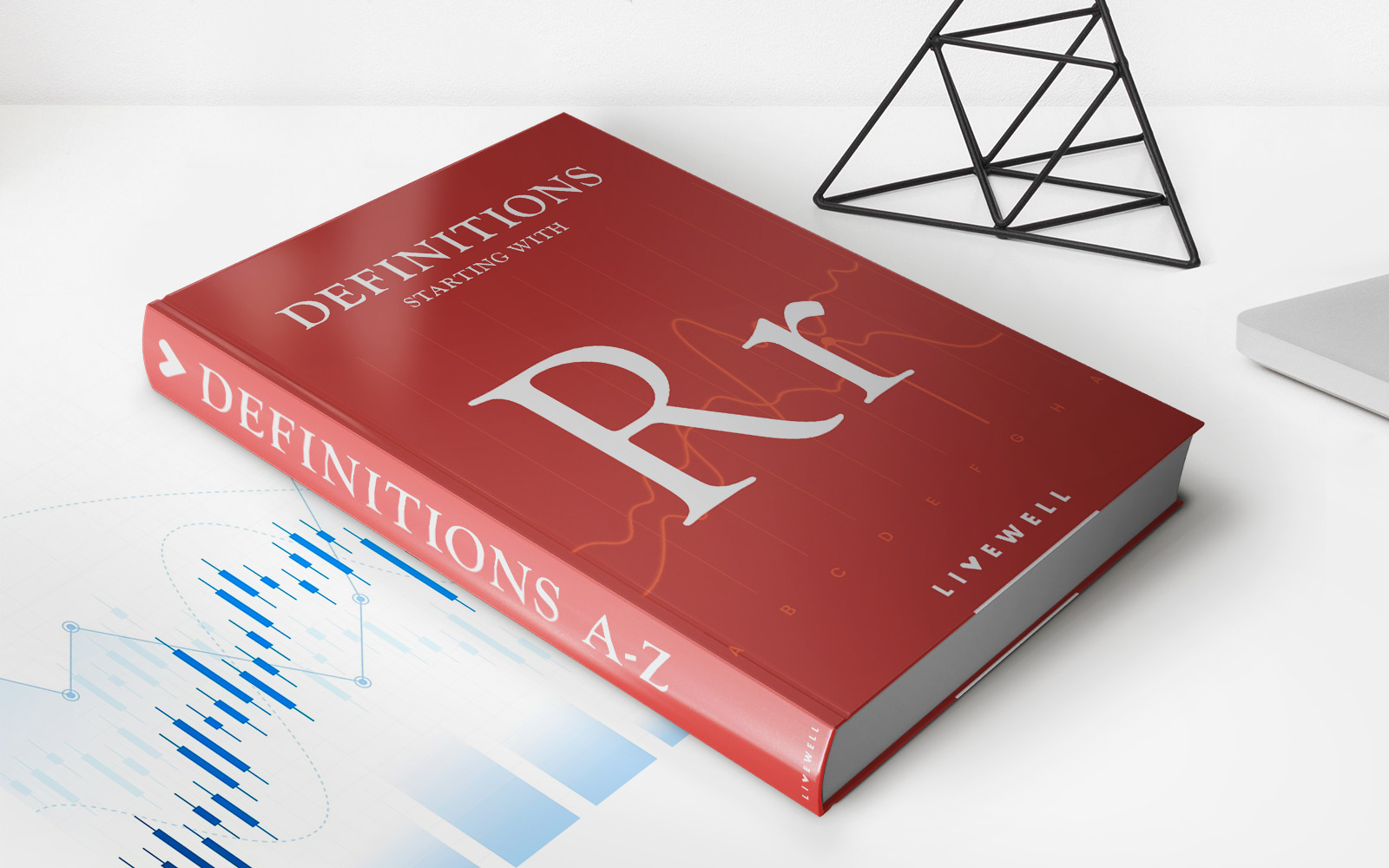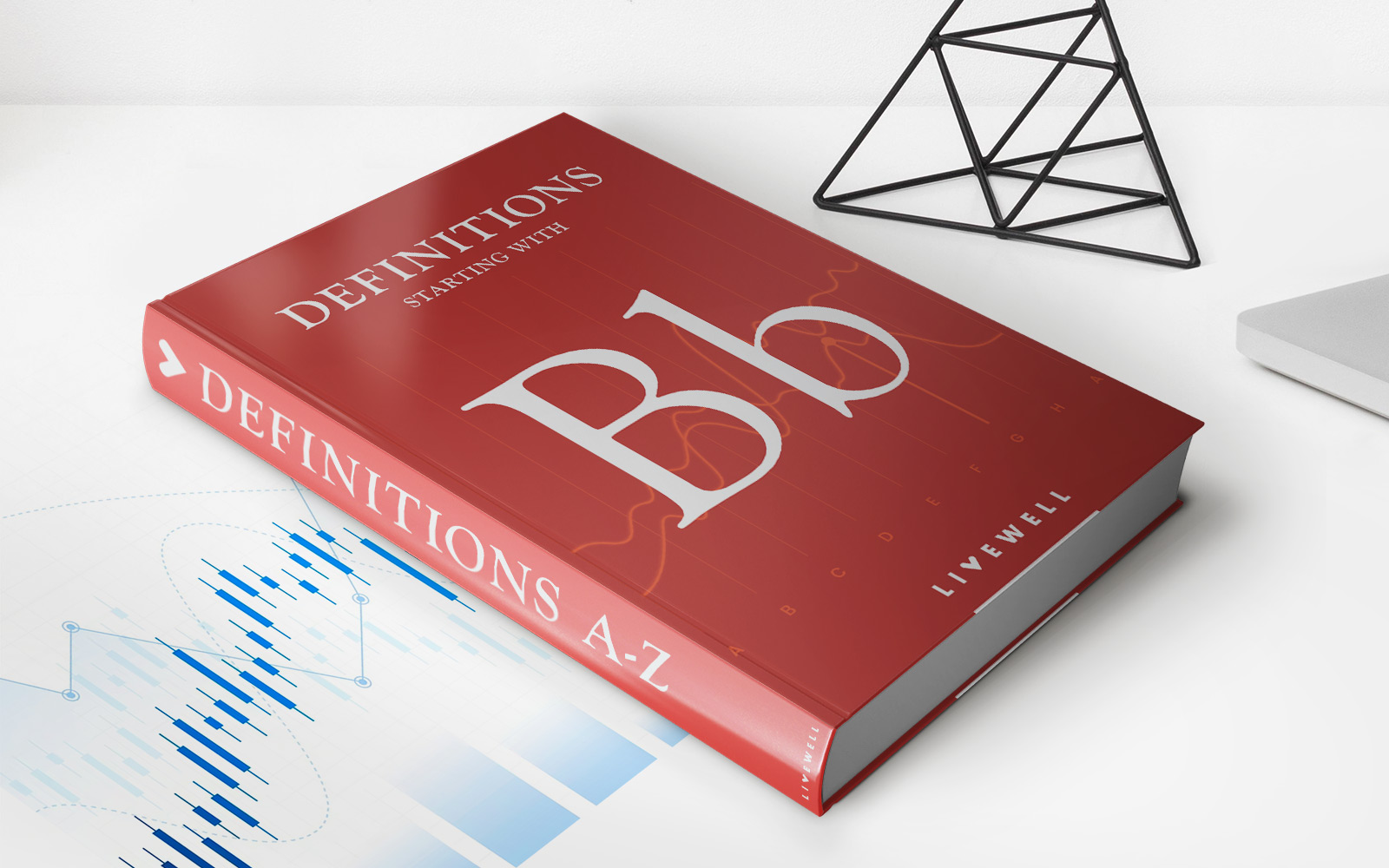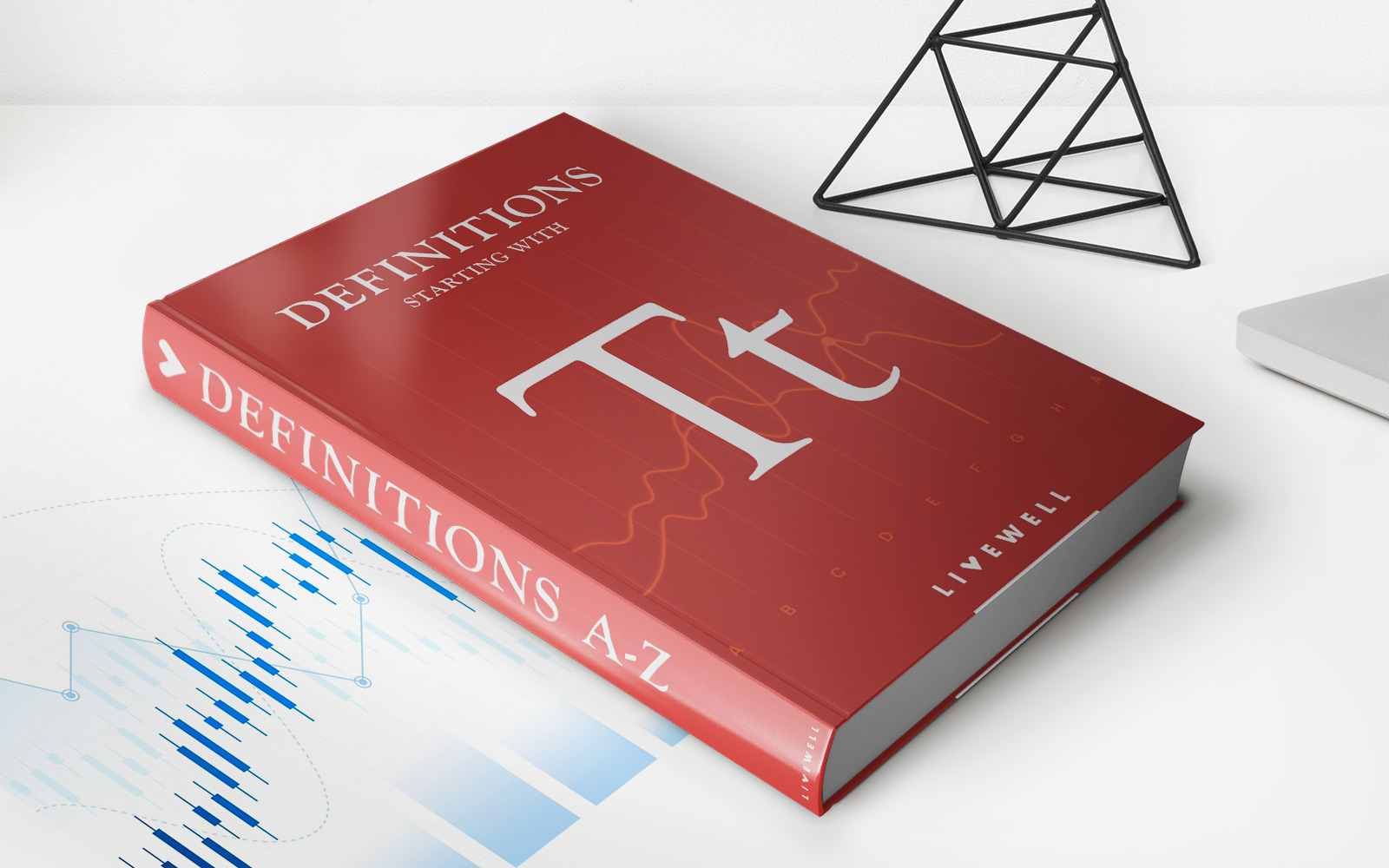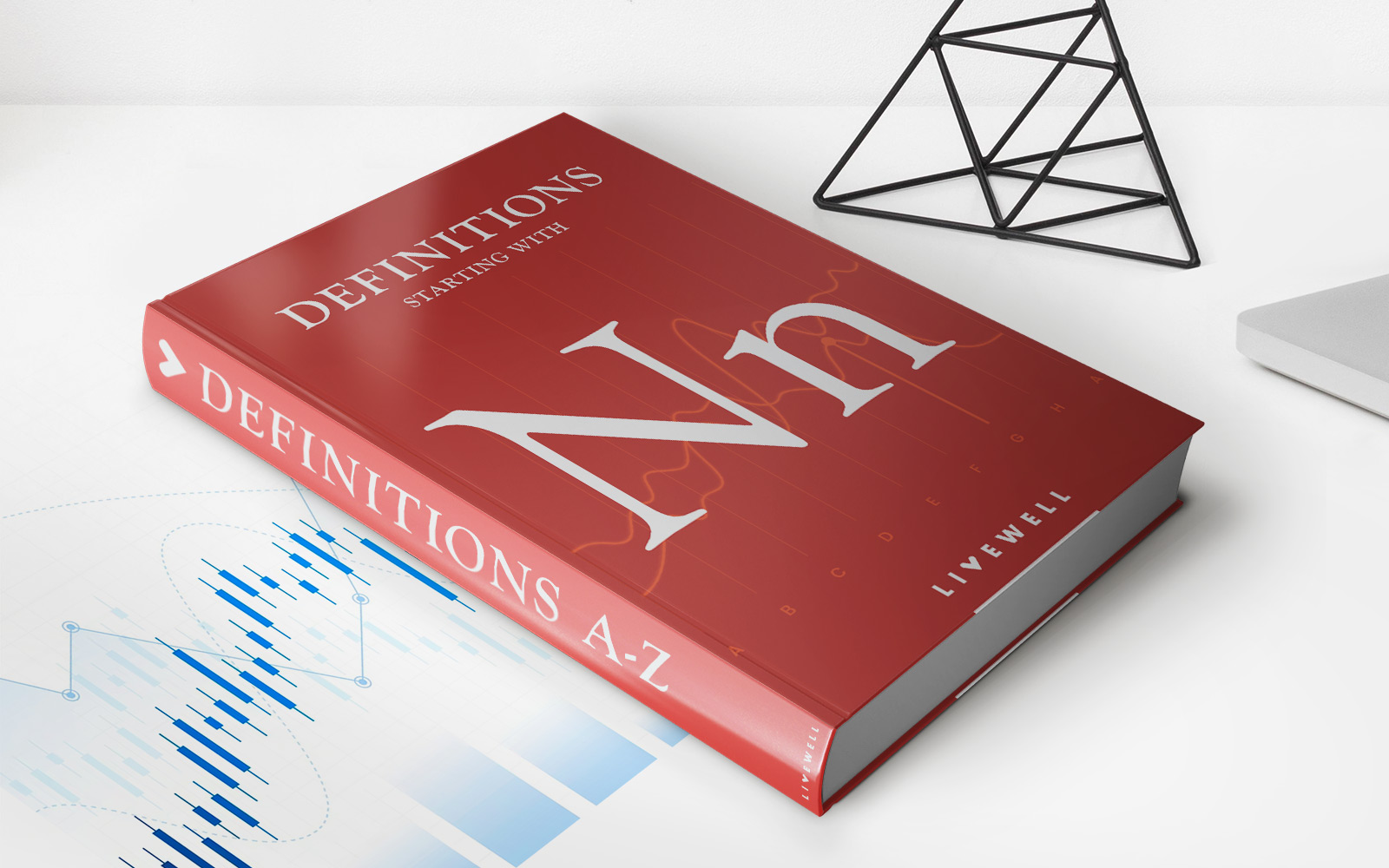

Finance
No-Fee Mortgage Definition
Published: December 31, 2023
Looking for a no-fee mortgage? Learn the definition and benefits of this finance option, saving you money in the long run.
(Many of the links in this article redirect to a specific reviewed product. Your purchase of these products through affiliate links helps to generate commission for LiveWell, at no extra cost. Learn more)
Unlocking the Benefits of a No-Fee Mortgage
When it comes to financing your dream home, one of the key decisions you’ll make is choosing the right mortgage. With an abundance of options available, it’s important to understand the different types of mortgages and their associated costs. In this blog post, we’ll delve into the world of no-fee mortgages and explore their potential benefits.
The Lowdown on No-Fee Mortgages
Before we dive in, let’s start with a quick definition. Essentially, a no-fee mortgage is a loan that doesn’t charge any upfront or hidden fees. That means you won’t have to worry about shelling out for application fees, appraisal fees, or even closing costs. Sounds appealing, right? Well, there’s more to it than meets the eye!
Key Takeaways:
- No-fee mortgages don’t charge any upfront or hidden fees.
- Instead, the lender may adjust the interest rate to compensate for the waived fees.
Now that you have a general understanding of what a no-fee mortgage entails, let’s take a deeper look at the advantages and potential drawbacks you should weigh before making a decision.
The Benefits of a No-Fee Mortgage
1. Lower upfront costs: One of the most obvious advantages of a no-fee mortgage is the alleviation of upfront costs. By eliminating fees, you’ll have more cash on hand to put toward your down payment, home improvements, or other financial goals.
2. Simplified budgeting: With a no-fee mortgage, you won’t have to worry about unexpected costs popping up during the application or closing process. This can make budgeting for your new home much more straightforward and predictable.
Things to Consider
1. Higher interest rates: While a no-fee mortgage may seem enticing, keep in mind that lenders might compensate for the waived fees by adjusting the interest rate. This means you could end up paying a slightly higher interest rate over the life of the loan. It’s essential to do the math and consider how this will affect your overall financial situation.
2. Long-term savings: Depending on how long you plan to stay in your home, a no-fee mortgage could be more advantageous. If you are planning to sell the property in a few years, opting for a higher interest rate in exchange for no fees may be a smart move. However, if you plan to stay in your home for a longer period, the accumulated interest over time may outweigh the initial benefits of a no-fee mortgage.
In conclusion, a no-fee mortgage can provide a great option for those looking to reduce upfront costs and simplify their budgeting when purchasing a home. However, it’s crucial to consider the potential trade-offs, such as higher interest rates over the life of the loan. Ultimately, it’s always a good idea to discuss your individual circumstances with a qualified mortgage professional who will steer you in the right direction.



